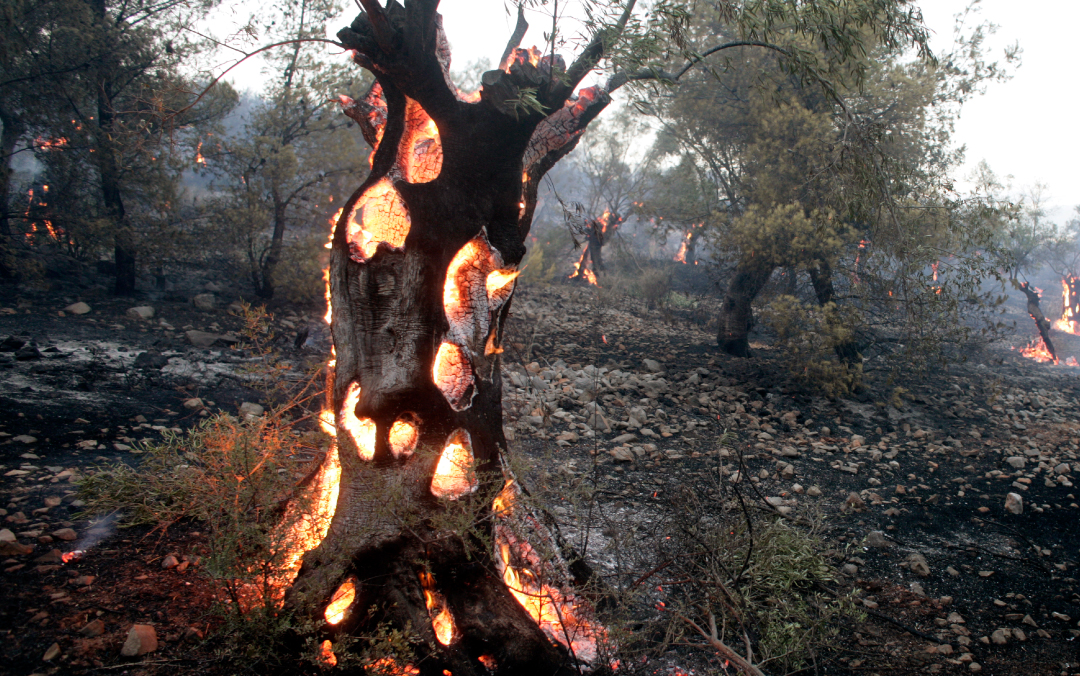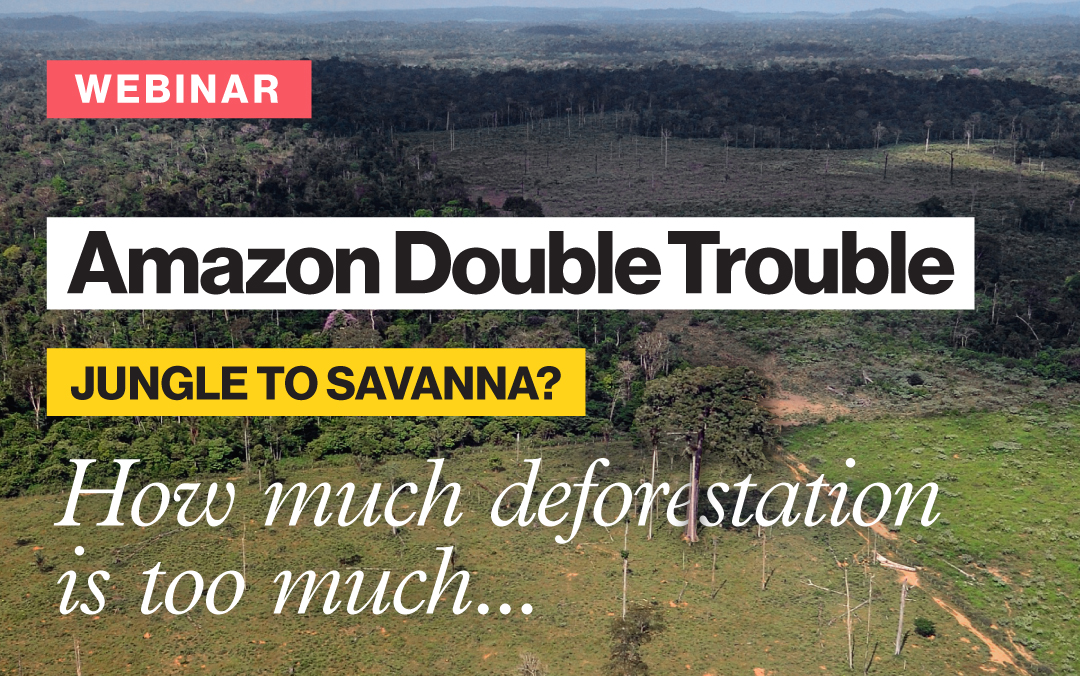This year ClimTip hosted a multidisciplinary session on Tipping Points in the Earth System at the European Geosciences Union in Vienna, Austria.
Tipping Points in the Earth System
Convener: Niklas Boers | Co-conveners: Ricarda Winkelmann, Anna von der Heydt, Timothy Lenton
Orals | Tue, 16 Apr, 16:15–17:55 (CEST) Room N2
Posters on site | Attendance Tue, 16 Apr, 10:45–12:30 (CEST) | Display Tue, 16 Apr, 08:30–12:30 Hall X4
What is it about
Several subsystems of the Earth have been suggested to possibly react abruptly at critical levels of anthropogenic forcing. Examples of such potential Tipping Elements include the Atlantic Meridional Overturning Circulation, the polar ice sheets, tropical and boreal forests, as well as the tropical monsoon systems. Interactions between the different Tipping Elements may either have stabilizing or destabilizing effects on the other subsystems, potentially leading to cascades of abrupt transitions. The critical forcing levels at which abrupt transitions occur have recently been associated with Tipping Points.
It is paramount to determine the critical forcing levels (and the associated uncertainties) beyond which the systems in question will abruptly change their state, with potentially devastating climatic, ecological, and societal impacts. For this purpose, we need to substantially enhance our understanding of the dynamics of the Tipping Elements and their interactions, on the basis of paleoclimatic evidence, present-day observations, and models spanning the entire hierarchy of complexity. Moreover, to be able to mitigate - or prepare for - potential future transitions, early warning signals have to be identified and monitored in both observations and models.
This multidisciplinary session invites contributions that address Tipping Points in the Earth system from the different perspectives of all relevant disciplines, including
- The mathematical theory of abrupt transitions in (random) dynamical systems
- Paleoclimatic studies of past abrupt transitions
- Data-driven and process-based modelling of past and future transitions
- Methods to anticipate critical transitions from data
- The implications of abrupt transitions for climate sensitivity and response
- Ecological and socioeconomic impacts
- Decision theory in the presence of uncertain Tipping Point estimates and uncertain impacts
Oral presentations: Tue, 16 Apr | Room N2
Chairpersons: Niklas Boers, Ricarda Winkelmann
16:15–16:25 | EGU24-18039 | On-site presentation
Methodologies for climate tipping points analysis and risk assessments in TIPMIP
Jonathan F. Donges, Donovan P. Dennis, Sina Loriani, Boris Sakschewski, Nico Wunderling, and Ricarda Winkelmann
16:25–16:35 | EGU24-5870 | ECS | Virtual presentation
Uncertainties too large to predict tipping times of major Earth system components
Maya Ben Yami, Andreas Morr, Sebastian Bathiany, and Niklas Boers
16:35–16:45 | EGU24-8618 | On-site presentation
Uncertainty quantification for overshoots of tipping thresholds
Paul Ritchie and Kerstin Lux-Gottschalk
16:45–16:55 | EGU24-12295 | ECS | On-site presentation
Analysis of Abrupt Changes in CMIP6 Models Using Edge Detection
Sjoerd Terpstra, Swinda K.J. Falkena, Robbin Bastiaansen, Sebastian Bathiany, Henk A. Dijkstra, and Anna von der Heydt
16:55–17:05 | EGU24-18045 | ECS | On-site presentation
Victor Couplet, Marina Martínez Montero, and Michel Crucifix
17:05–17:15 | EGU24-12187 | ECS | On-site presentation
Anticipating rate-induced tipping by a deep learning framework
Yu Huang, Sebastian Bathiany, Peter Ashwin, and Niklas Boers
17:15–17:25 | EGU24-5998 | ECS | On-site presentation
North Atlantic Subpolar Gyre Deep Convection: A Tipping Point Reached Decades Ago?
Joas Müller, Giuseppe Zappa, and Alessio Bellucci
17:25–17:35 | EGU24-3874 | ECS | On-site presentation
Frerk Pöppelmeier and Thomas F. Stocker
17:35–17:45 | EGU24-11804 | ECS | On-site presentation
Origin in of the AMOC fresh water transport biases in a state-of-the-art climate model
Elian Vanderborght, Henk Dijkstra, and René Westen
17:45–17:55 | EGU24-4021 | ECS | On-site presentation
Optimal Transition Paths for AMOC Collapse and Recovery in a Stochastic Box Model
Jelle Soons, Tobias Grafke, and Henk A. Dijkstra
Image credit: Photo by Evangeline Shaw on Unsplash.





